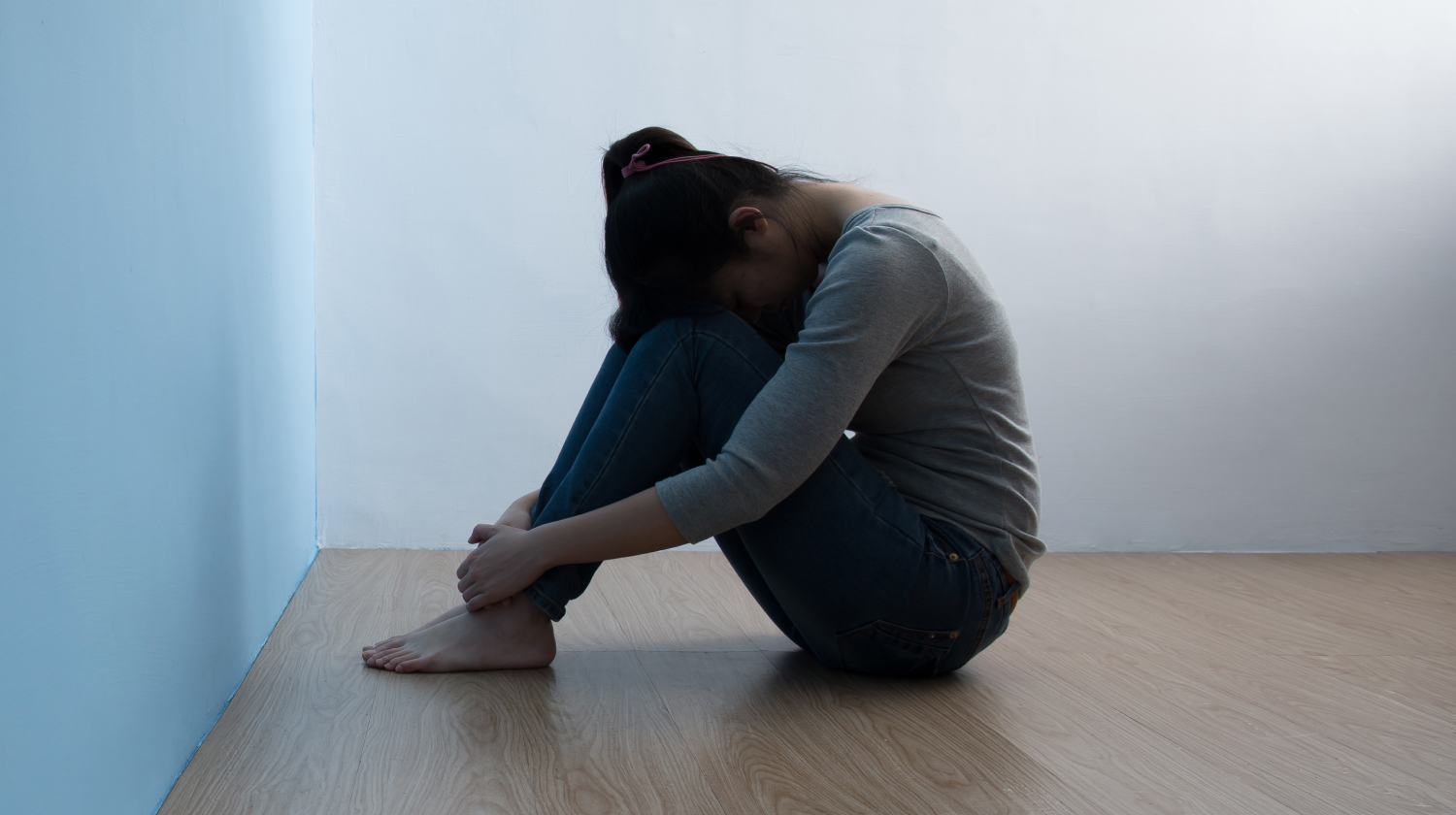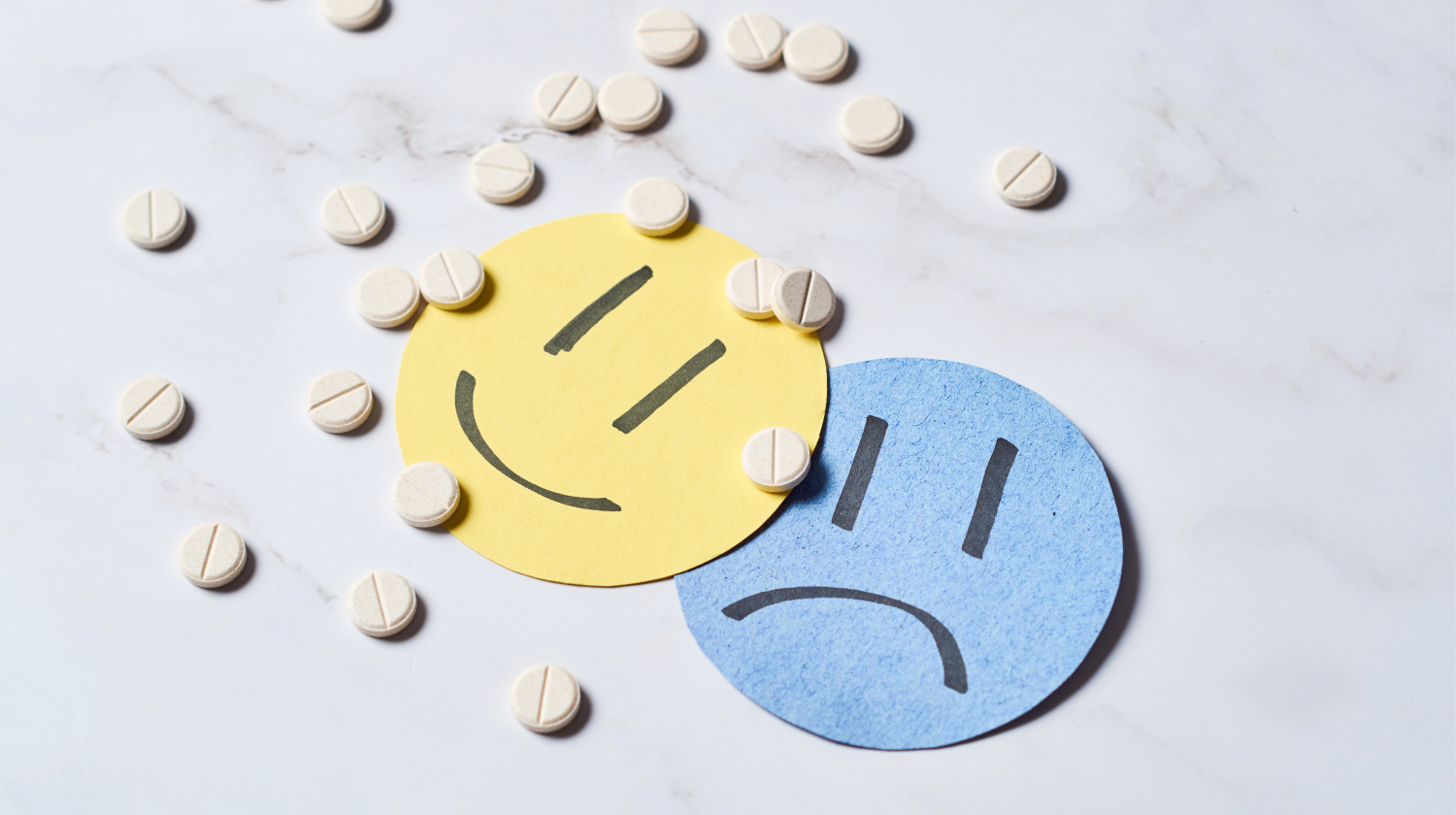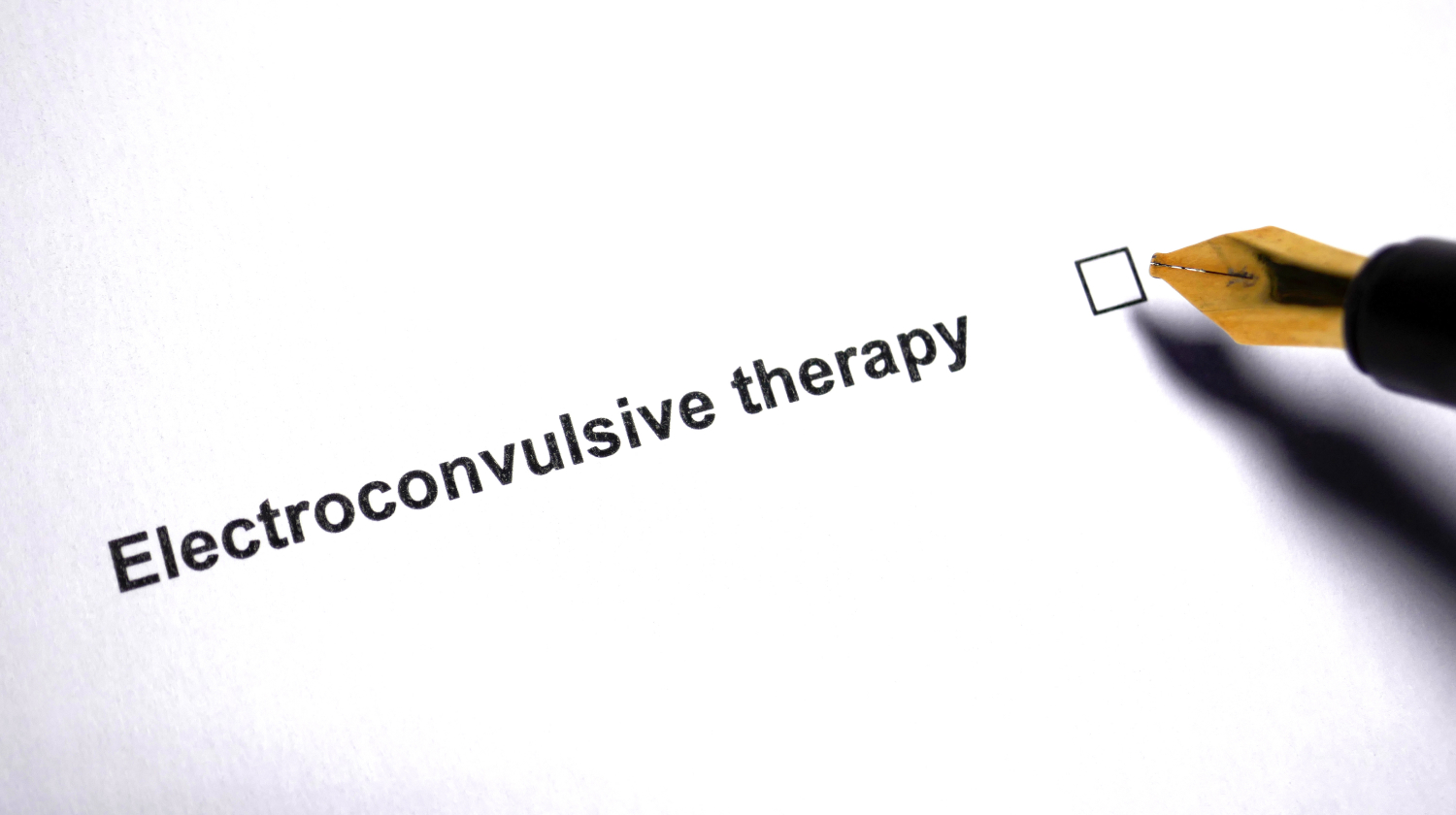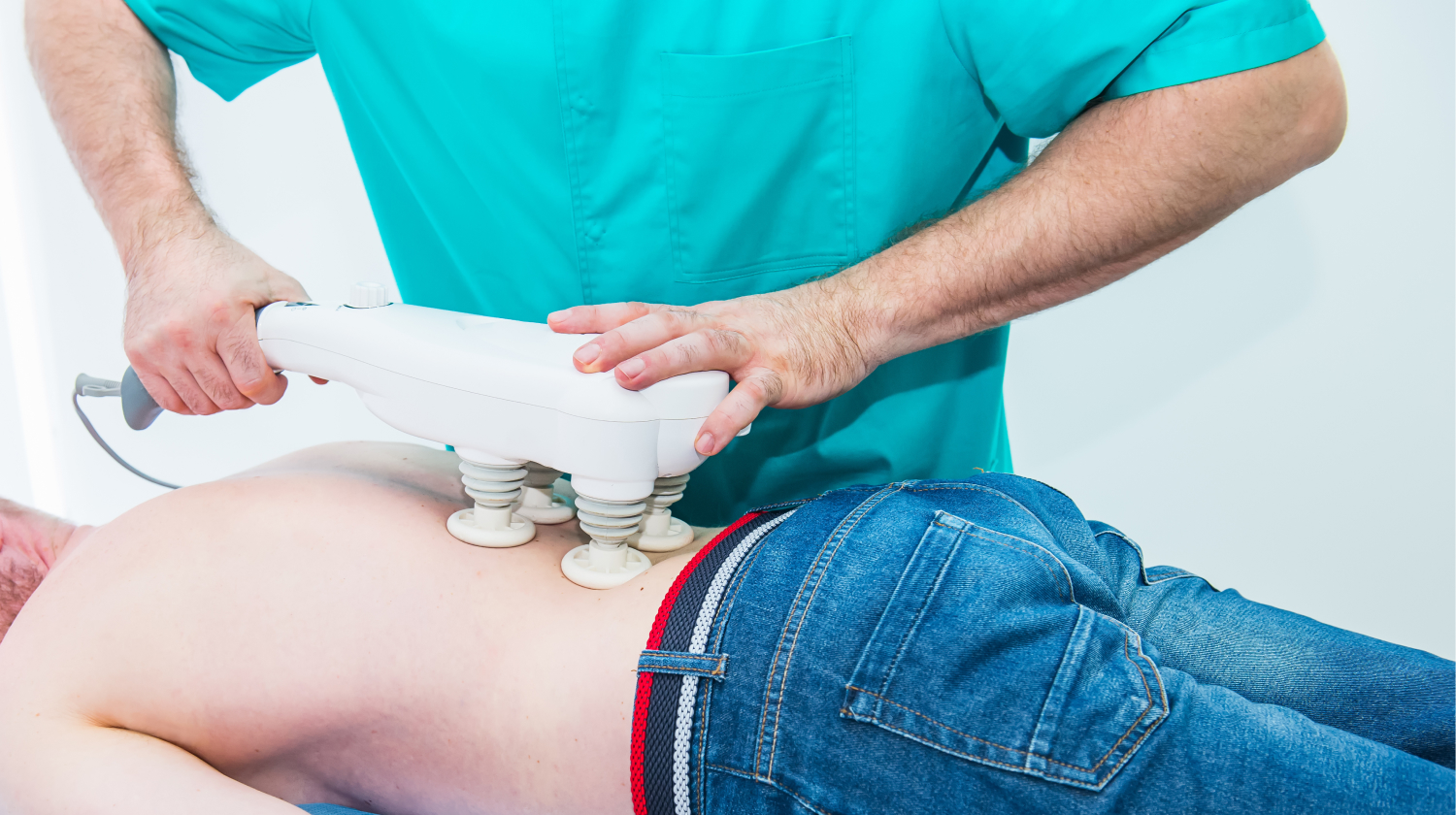Unipolar Depression: Symptoms, Causes & Treatments 2024

Unipolar depression, often known as major depressive disorder, is one of the most prevalent kinds of depression. It is a severe mental health condition that can seriously impair your ability to function and cause you distress. Unipolar depression is a continuous and pervasive melancholy state that lasts for a protracted period, typically several weeks or months.
Here we explore unipolar depression symptoms, causes, and treatments. By understanding the nature of this disorder, you and your loved ones can better recognize the signs and seek appropriate support early.
What Is Unipolar Depression?
Unipolar depression is a common mental health disorder. It is characterized by:
- Persistent feelings of sadness and hopelessness.
- A loss of interest in once enjoyable activities.
- Changes in appetite and sleep disturbances.
- Difficulty concentrating.
- Thoughts of death or suicide.
Unipolar depression is caused by a combination of genetic, environmental, and psychological factors, and it can interfere with daily life if left untreated. Treatment primarily involves a combination of medication and psychotherapy. Early intervention can lead to more successful outcomes.
Unipolar Depression Symptoms
The symptoms of unipolar depression can vary widely in severity from one person to another. However, some emotional and physical symptoms[1] are associated with this condition. They may include:
- Persistent negative emotions of sadness or worthlessness.
- Loss of interest in activities that used to bring joy.
- Insomnia or sleeping too much.
- Changes in appetite and weight.
- Difficulty concentrating, making decisions, and remembering things.
- Lack of energy or feeling physically slowed down.
- Thoughts of death or suicide.
Causes Of Unipolar Depression
The specific causes of unipolar depression remain unclear, although a genetic predisposition is suspected. The onset of depression can be complex and multifactorial, meaning many factors can contribute to or increase your risk of being diagnosed with the disease.
The following elements could lead to the emergence or recurrence of unipolar depression:
Biological Factors
- Genetics: Evidence suggests that if you come from a family with a history of depression, you are more likely to experience the condition. A study found that first-degree offspring of parents with depression have a higher disposition of developing MDD.[2]
- Brain chemistry: Neurotransmitters are brain chemicals essential in controlling mood disorders. You, therefore, become more vulnerable to developing unipolar depression when there is an imbalance in certain neurotransmitters,[3] such as serotonin, dopamine, and norepinephrine.
- Brain structure: Magnetic resonance imaging studies suggest that modifications in the functioning of some brain sections, such as the hippocampus, prefrontal cortex, and amygdala, may contribute to significant depression symptoms.[4]
- Hormonal changes: Pregnant,[5] breastfeeding or menopausal women undergo significant changes in hormonal levels, which can make them more susceptible to unipolar depression.
Medical Conditions
- Illness: Chronic illnesses like cancer[6] and diabetes increase the risk of developing unipolar disorders.
- Medications: Depression may be a side effect of certain medications,[7] including antihypertensives, proton pump inhibitors, and hormonal contraceptives.
Environmental Factors
Traumatic events like losing a loved one, childhood trauma,[8] abuse, neglect, financial difficulties, or job loss may trigger unipolar depression.
Psychological Issues
Negative thought patterns,[9] such as ruminating on bad experiences or catastrophizing events, can put you at risk of developing a medical condition. Low self-esteem and a negative self-image also play a role in increasing depression severity.
Substance Abuse
Using substances like alcohol and illicit drugs can exacerbate symptoms and prevent the effective treatment[10] of unipolar depression. Withdrawal from certain drugs can also trigger this type of depression.
Note: Not everyone who experiences these risk factors will develop a unipolar disorder. The depressive condition may still occur without any identifiable causes. This is why it’s essential to seek treatment if you or someone you know is experiencing symptoms of depression. Mental health professionals can help you determine the underlying causes of your depression and provide professional treatment.
Treatments For Unipolar Depression
Once diagnosed with unipolar depression, your doctor will recommend an appropriate treatment plan. Proven treatments for unipolar depression include:
Psychotherapy

Psychotherapy, or talk therapy, involves working with a medical professional to treat the underlying causes of depression. Some forms of talk therapy, such as interpersonal therapy,[11] can help you improve your coping mechanisms by equipping you with skills to manage stressful situations more effectively.
Cognitive behavioral therapy[12] can be another effective psychotherapy for treating unipolar mental disorders. Cognitive behavioral therapy helps you recognize and change negative thought patterns and behaviors, enhancing mood and reducing major depression symptoms.
Pharmacological Treatments

Antidepressant medication may alleviate the symptoms of depression by regulating your brain chemistry to stabilize your depressed mood and manage other symptoms. Common depression medications include[13] selective serotonin reuptake inhibitors, serotonin-norepinephrine reuptake inhibitors, and tricyclic antidepressants.[14]
SSRIs are the most commonly prescribed medications for treating depression. They work by increasing serotonin levels in the brain, which helps to manage symptoms like difficulty sleeping, appetite changes, low energy levels, and difficulty concentrating. Of course, pharmacological medication is best used under the care of your doctor and in conjunction with other treatments like psychotherapy.
For instance, patients with alcohol abuse issues may sign up for alcoholics anonymous first before prescribing antidepressants.
Light Therapy

Studies show that bright light therapy[15] can effectively help manage symptoms of clinical depression. This therapy simulates natural sunlight to counteract the effects of seasonal affective disorder.
Electroconvulsive Therapy

Electroconvulsive therapy[16] is a form of brain stimulation therapy that involves passing a small electric current through the brain to induce seizures to treat severe depression. It is typically used when other treatments have failed.
Transcranial Magnetic Stimulation

Transcranial magnetic stimulation is a non-invasive procedure that uses magnetic fields to stimulate the nerve cells in the brain. Clinical trials[17] have shown that repetitive TMS treatments have high response rates for unipolar depression versus bipolar depression. TMS is best used for treatment-resistant depression or in patients who cannot tolerate antidepressant medication.
Lifestyle Changes

Making positive lifestyle changes,[18] such as incorporating regular exercise, eating a well-balanced diet, and getting enough sleep, can support your mental and physical health, reducing the effects of unipolar depression.
Treating bipolar and unipolar depression can be complex and involve multiple factors. Personalized treatment methods are ideal for achieving your best outcomes. Additionally, care plans may need to be adjusted over time based on your response to the prescribed depression treatment.
Other Common Types Of Depression
If you present with depressive symptoms, your doctor may assess you for unipolar depression and other types of depression or mental illnesses. These may include:
Persistent Depressive Disorder
Persistent depressive disorder, also known as dysthymia,[19] is a chronic depression. This long-term, low-grade depression is often more disabling than episodic major depression.
It may include feeling sad, hopeless, and irritable, among other mental disorder symptoms, for at least two consecutive years.[20] Symptoms may come and go during this period but never wholly disappear.
Seasonal Affective Disorder
Seasonal affective disorder is characterized by recurring episodes[21] of depression during specific periods of the year. It tends to be most common in the winter months due to shorter days and reduced exposure to sunlight. People with seasonal affective disorder often experience low energy, difficulty concentrating, sleep problems, fatigue, and changes in appetite or weight.
Bipolar Disorder
Formerly known as manic-depressive illness, bipolar disorder[22] is a mood disorder characterized by extreme shifts in emotions ranging from manic highs to depressive lows. An episode can last for days or weeks at a time.
During depressive and manic episodes, you may be highly energetic and talkative, with bouts of excitement, elation, and hyperactivity. This is typically followed by a major depressive episode during which you feel very low or depressed and cannot concentrate or make decisions.
Postpartum Depression
Postpartum depression is a type of depression that occurs after childbirth. Difficulty bonding with your baby, accompanied by sadness, anxiety, and irritability, can be signs of postpartum depressive disorders.
Psychotic Depression
Psychotic depression is a major depressive condition[23] characterized by the same symptoms as unipolar depression. However, it also includes psychotic symptoms like hallucinations and delusions.
If you live with this distinct clinical condition, you may be at high risk for self-harm[24] and require prompt medical attention.
Situational Depression
Situational depression, also known as adjustment disorder with low mood, is a type of depression triggered by a stressful or traumatic life event.[25] These events may include the death of a loved one, a relationship breakdown, job loss, money problems, weight gain, or a serious illness.
Symptoms typically begin within three months of the triggering event and go away within six months. However, in some cases, situational depression can persist or worsen.
Conclusion
Unipolar depression is a mental illness characterized by periods of profound sadness, loss of interest in activities, and difficulty carrying out day-to-day tasks. These symptoms of depressed mood typically last more than two weeks.
A combination of biological, environmental, and psychological factors may contribute to the onset of unipolar depression. Depressive symptoms may include changes in appetite or sleep patterns, feelings of worthlessness or guilt, low energy, difficulty concentrating, and thoughts of death or suicide.
There is a wide range of available treatments for unipolar depression, and ideal treatment options will vary between individuals. Potential treatment methods include antidepressant medication, psychotherapy, electroconvulsive therapy, light therapy, TMS, and positive lifestyle changes.
Recognizing the signs of unipolar depression and seeking help from a qualified mental health professional is the first step toward recovery. With a proper diagnosis and treatment plan, you can learn to manage your symptoms and lead a happy, fulfilling life.
+ 25 sources
Health Canal avoids using tertiary references. We have strict sourcing guidelines and rely on peer-reviewed studies, academic researches from medical associations and institutions. To ensure the accuracy of articles in Health Canal, you can read more about the editorial process here
- National Institute of Mental Health (NIMH). (2023). Depression. [online] Available at: https://www.nimh.nih.gov/health/topics/depression
- MacKenzie, L.E., Uher, R. and Pavlova, B. (2019). Cognitive Performance in First-Degree Relatives of Individuals With vs Without Major Depressive Disorder. [online] 76(3), pp.297–297. doi:https://doi.org/10.1001/jamapsychiatry.2018.3672.
- Tavakoli, R., Nouri, A., Reza Masoudi and Fatemeh Ahmadpour (2018). Serum markers related to depression: A systematic review. [online] ResearchGate. Available at: https://www.researchgate.net/publication/325957278_Serum_markers_related_to_depression_A_systematic_review
- Wang, J.-Y., Liu, P., Zhang, A.-X., Yang, C., Liu, S., Wang, J., Xu, Y. and Sun, N. (2021). Specific Gray Matter Volume Changes of the Brain in Unipolar and Bipolar Depression. [online] 14. doi:https://doi.org/10.3389/fnhum.2020.592419.
- Martinez-Paredes, J.F. and Nathalia Jácome-Pérez (2017). Depresión en el embarazo. [online] 48(1), pp.58–65. doi:https://doi.org/10.1016/j.rcp.2017.07.003.
- Dauchy, S., Dolbeault, S. and Reich, M. (2013). Depression in cancer patients. [online] 11(2), pp.205–215. doi:https://doi.org/10.1016/j.ejcsup.2013.07.006.
- Qato, D.M., Ozenberger, K. and Olfson, M. (2018). Prevalence of Prescription Medications With Depression as a Potential Adverse Effect Among Adults in the United States. [online] 319(22), pp.2289–2289. doi:https://doi.org/10.1001/jama.2018.6741.
- Schmahl, O.C., Jeuring, H.W., Aprahamian, I., Naarding, P., Marijnissen, R.M., Hendriks, G.-J., Fluiter, M., Didi Rhebergen, Lugtenburg, A., Lammers, M.W., Rob and Oude, R.C. (2021). Impact of childhood trauma on multidimensional frailty in older patients with a unipolar depressive-, anxiety- or somatic symptom disorder. [online] 96, pp.104452–104452. doi:https://doi.org/10.1016/j.archger.2021.104452.
- Rayner, G., Jackson, G.D. and Wilson, S.J. (2016). Cognition-related brain networks underpin the symptoms of unipolar depression: Evidence from a systematic review. [online] 61, pp.53–65. doi:https://doi.org/10.1016/j.neubiorev.2015.09.022.
- Brenner, P., Brandt, L., Li, G., DiBernardo, A., Bodén, R. and Johan Reutfors (2020). Substance use disorders and risk for treatment resistant depression: a population‐based, nested case‐control study. [online] 115(4), pp.768–777. doi:https://doi.org/10.1111/add.14866.
- Lampe, L., Coulston, C. and Berk, L. (2013). Psychological management of unipolar depression. [online] 127, pp.24–37. doi:https://doi.org/10.1111/acps.12123.
- Stephan Jürgen Köhler, Hoffmann, S., Unger, T., Steinacher, B., Dierstein, N. and Fydrich, T. (2013). Effectiveness of Cognitive-Behavioural Therapy Plus Pharmacotherapy in Inpatient Treatment of Depressive Disorders. [online] 20(2), pp.97–106. doi:https://doi.org/10.1002/cpp.795.
- Qin, B., Zhang, Y., Zhou, X., Cheng, P., Liu, Y., Chen, J., Fu, Y., Luo, Q. and Xie, P. (2014). Selective Serotonin Reuptake Inhibitors Versus Tricyclic Antidepressants in Young Patients: A Meta-analysis of Efficacy and Acceptability. [online] 36(7), pp.1087-1095.e4. doi:https://doi.org/10.1016/j.clinthera.2014.06.001.
- Vos, C.G., Aarnoutse, R.E., de, O., Spijker, J., Mascha Groothedde-Kuyvenhoven, Raluca Mihaescu, Sjw Wessels-Basten, Jordy, Sophie, Schene, A.H., Hulscher, L. and Joost (2021). Tricyclic antidepressants for major depressive disorder: a comprehensive evaluation of current practice in the Netherlands. [online] 21(1). doi:https://doi.org/10.1186/s12888-021-03490-x.
- Maruani, J. and Geoffroy, P.A. (2019). Bright Light as a Personalized Precision Treatment of Mood Disorders. [online] 10. doi:https://doi.org/10.3389/fpsyt.2019.00085.
- Li, M., Yao, X., Sun, L., Zhao, L., Xu, W., Zhao, H.-S., Zhao, F., Zou, X., Cheng, Z., Li, B., Yang, W. and Cui, R. (2020). Effects of Electroconvulsive Therapy on Depression and Its Potential Mechanism. [online] 11. doi:https://doi.org/10.3389/fpsyg.2020.00080.
- Yang, B. (2021). Comparative Effectiveness of Repetitive Transcranial Magnetic Stimulation in Unipolar and Bipolar Depression – Yue Bo Yang, Peter Chan, Kaveh Rayani, Alexander McGirr, 2021. [online] The Canadian Journal of Psychiatry. Available at: https://journals.sagepub.com/doi/10.1177/0706743720950938
- Berk, M., Sarris, J., Coulson, C.E. and Jacka, F.N. (2013). Lifestyle management of unipolar depression. [online] 127, pp.38–54. doi:https://doi.org/10.1111/acps.12124.
- Schramm, E., Klein, D.N., Elsaesser, M., Furukawa, T.A. and Domschke, K. (2020). Review of dysthymia and persistent depressive disorder: history, correlates, and clinical implications. [online] 7(9), pp.801–812. doi:https://doi.org/10.1016/s2215-0366(20)30099-7.
- Nübel, J., Guhn, A., Müllender, S., Hong Quy Le, Cohrdes, C. and Stephan Jürgen Köhler (2020). Persistent depressive disorder across the adult lifespan: results from clinical and population-based surveys in Germany. [online] 20(1). doi:https://doi.org/10.1186/s12888-020-2460-5.
- Melrose, S. (2015). Seasonal Affective Disorder: An Overview of Assessment and Treatment Approaches. [online] 2015, pp.1–6. doi:https://doi.org/10.1155/2015/178564.
- Carvalho, A.F., Firth, J. and Vieta, E. (2020). Bipolar Disorder. [online] 383(1), pp.58–66. doi:https://doi.org/10.1056/nejmra1906193.
- Jääskeläinen, E., Teija Juola, Korpela, H., H. Lehtiniemi, Miika Nietola, Jyrki Korkeila and Jouko Miettunen (2017). Epidemiology of psychotic depression – systematic review and meta-analysis. [online] 48(6), pp.905–918. doi:https://doi.org/10.1017/s0033291717002501.
- Singhal, A., Ross, J., Seminog, O.O., Hawton, K. and Goldacre, M.J. (2014). Risk of self-harm and suicide in people with specific psychiatric and physical disorders: comparisons between disorders using English national record linkage. [online] 107(5), pp.194–204. doi:https://doi.org/10.1177/0141076814522033.
- Cara Aldridge Young and Dietrich, M.S. (2015). Stressful Life Events, Worry, and Rumination Predict Depressive and Anxiety Symptoms in Young Adolescents. [online] 28(1), pp.35–42. doi:https://doi.org/10.1111/jcap.12102.



